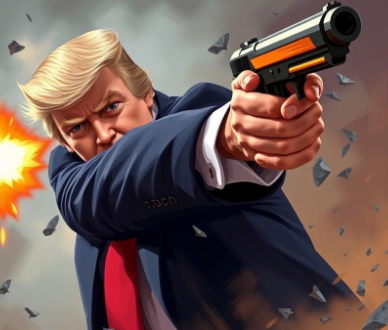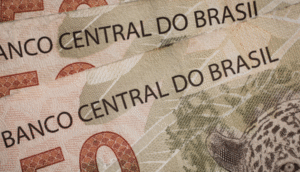$RSX $BTC $GOLD
#Russia #Ukraine #Ceasefire #Geopolitics #Sanctions #EnergyMarkets #Oil #StockMarket #Crypto #Gold #Putin #Trump
U.S. President Donald Trump and Russian President Vladimir Putin are set to join a call shortly to discuss a 30-day ceasefire proposal aimed at temporarily pausing the ongoing war in Ukraine. This discussion comes amid rising geopolitical tensions and the broader economic impact of the conflict. The markets have reacted sharply to previous developments concerning the war, with oil prices, energy stocks, and safe-haven assets like gold and Bitcoin experiencing volatility. Investors will be closely watching any signals from this high-profile call that could influence oil supply chains, commodity prices, and global financial markets. A ceasefire, even if temporary, could ease pressure on markets by stabilizing energy prices and reducing immediate geopolitical risks.
Market participants have already begun positioning ahead of the call, with the Russian stock index, represented by ETFs such as $RSX, experiencing slight gains in anticipation of easing geopolitical risks. Crude oil prices have remained volatile, as traders weigh the potential for lower supply disruptions if diplomatic progress is achieved. Meanwhile, gold ($GOLD) has seen mixed movement, with some investors hedging against prolonged uncertainty. Bitcoin ($BTC), often seen as a digital alternative to gold, has also experienced fluctuations as macroeconomic uncertainty surrounding the war remains a driving force behind risk trends. If the ceasefire talks indicate progress, energy-related stocks and global indices could see short-term relief, while commodities and safe-haven assets may experience a pullback.
Sanctions against Russia remain another critical factor in this discussion, as the war has led to severe restrictions on trade, finance, and energy transactions. If the ceasefire proposal signals potential diplomatic breakthroughs, we could see increased speculation about potential sanctions relief, which would have broad implications for Russian markets and global commodities. The European energy sector, which has been significantly impacted by supply constraints, may see some relief if negotiations move forward. However, given ongoing tensions and deeply entrenched geopolitical divisions, investors remain cautious about the sustainability of any temporary ceasefire and its actual impact on global markets.
In the broader perspective, a ceasefire would create a short-term reprieve for financial markets but may not completely resolve long-term concerns. Investors will be focused on any statements made by Trump and Putin, particularly regarding the conditions tied to the temporary halt in hostilities. Equity markets could rally on hopes of reduced geopolitical risk, but any signs of an impasse in negotiations could lead to renewed volatility. The foreign exchange market may also see reactionary movements, particularly in currencies tied to energy-rich economies. With geopolitical uncertainty deeply embedded in financial markets, traders and institutional investors will await further developments before making major strategic shifts in portfolio allocations.











Comments are closed.